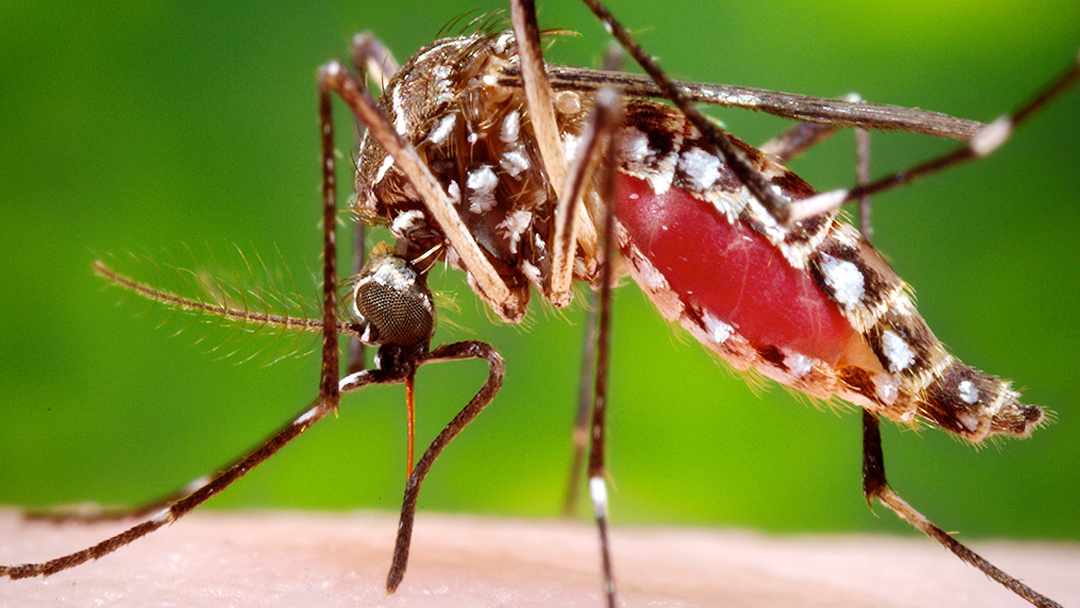-
Featured News
Infectious Diseases A-Z: The evolving Zika virus and GMO mosquitoes

Recently, the World Health Organization declared Zika virus a highly significant long-term problem rather than a global health emergency crisis. Dr. Gregory Poland, director of Mayo Clinic's Vaccine Research Group says, “I am concerned that this is a bit premature and sends the wrong message. Summer is just starting in the Southern Hemisphere, and we don’t yet know what will happen. I understand why they made the decision, which is to signal the idea that Zika is here to stay. But this should be viewed more as a chronic issue – much like malaria, for example. The reality is that we are likely to see further spread of this disease into areas not previously affected, including within the U.S., and we still have a lot to learn about this virus and disease."
Watch: Dr. Gregory Poland discusses the Zika virus.
Journalists: Broadcast-quality sound bites with Dr. Poland are in the downloads.
Genetically modified mosquitoes
The US Food and Drug Administration approved the use of genetically modified mosquitoes in Florida and says open field trials of the OX513A genetically engineered mosquito have been conducted in Brazil, the Cayman Islands, Malaysia and Panama to help combat mosquito-borne illnesses such as Zika virus.
"What they have done is created a male mosquito that will mate with a female, and the female lays sterile eggs that don't hatch. In Brazil, where they've tried this, they reduced the mosquito population by 95 percent. They want to do experiments like that in the U.S. but ran into some environmental concerns that have, for the most part, been dealt with. I believe those experiments are scheduled to begin in the near future." - Dr. Poland
Those trials may begin in 2017 after voters in Florida approved use of genetically modified mosquitoes as a tool to fight Zika.
Zika virus evolution
Dr. Poland says, "I think this mosquito-borne virus is changing over time. When the initial infections occurred in Africa, we didn't see some of these chronic complications. Now, the Asian strain seems to be causing more complications. The other thing is that in a world where there is global warming where there is massive global movement of people and airline travel we are seeing more mosquito-borne illness in the U.S. that only used to be in the Southern Hemisphere. We're seeing dengue fever, chikungunya, Zika virus. These are diseases we did not really see in the U.S.,but, now, we are seeing increasing numbers of cases and spread from state to state."

Related Articles







